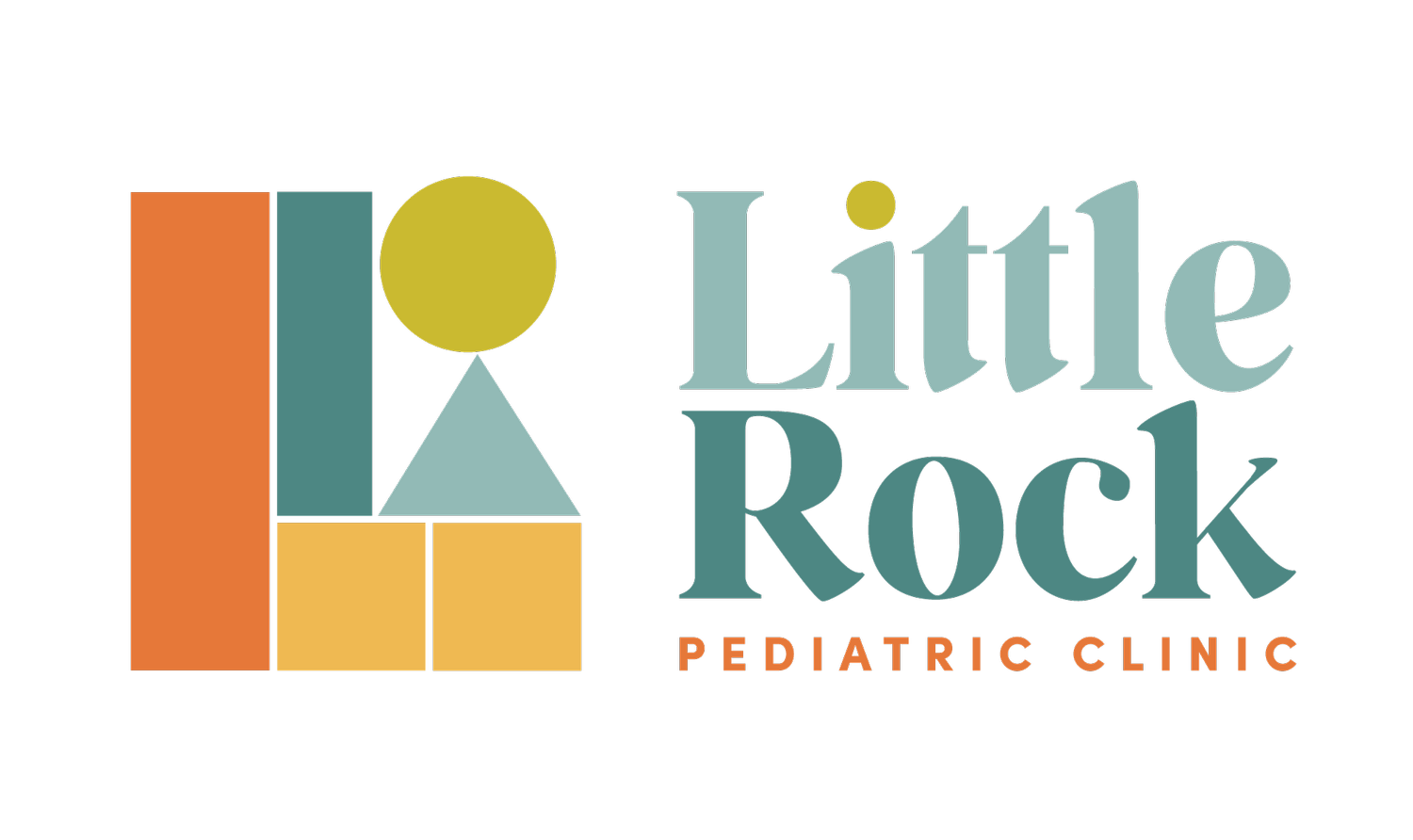Understanding Attention Deficit Hyperactivity Disorder
By Dr. Joshua O’Neill
Children diagnosed with ADHD typically have difficulty controlling impulses and are often hyperactive and inattentive. These symptoms can lead to trouble at home and school when a child with ADHD talks excessively, interrupts others, becomes easily distracted and has difficulty completing tasks. They often are unable to remain seated or control their behavior. Many of these children have a hard time forming friendships with other children or performing well academically, despite usually having normal or above average intelligence. Symptoms of ADHD usually show up before the age of 5 and tend to peak in severity around age 7 or 8. ADHD often runs in families, and children with ADHD have a higher chance of also being diagnosed with anxiety, depression, oppositional behavior or other learning disorders.
Diagnosing ADHD
Making an appointment with your child’s pediatrician is the best first step. Bringing any relevant information from teachers or caregivers can be very helpful to your child’s doctor, and there are often standardized questionnaires that parents and teachers complete that can aid in the proper diagnosis. At our clinic, these forms can be requested prior to the actual visit so that the results will be available to discuss during the appointment. If there are multiple or severe behavioral or learning issues identified at the initial visit, the child may be referred for a more comprehensive evaluation by a psychologist.
Treating ADHD
School-based interventions are usually the first-line treatment for ADHD. These may include modifications in the classroom, such as seating the child closer to the teacher, extra time for completing assignments, less distracting testing environments. In addition, tutoring, or behavioral interventions can be helpful. Because ADHD is considered a disability under the Individuals with Disabilities Education Act, children with ADHD often qualify for school accommodations under the law.
When initial interventions are not effective, your pediatrician may discuss the possibility of stimulant medication for your child. Understandably, most parents are not excited about using medication. Our philosophy with medication includes the following:
Start with and use the lowest possible effective dose.
Only give the medicine when needed, usually just on school days.
Monitor the child’s progress with scheduled visits to the clinic at least every six months.
In order to be compliant with Arkansas Medical Board rules and regulations regarding the diagnosis and treatment of ADD/ADHD, and to ensure the safety and well-being of your child while undergoing treatment, the providers at LRPC have the following visit requirements for our patients.
Within 3-4 weeks after initial diagnosis and medication prescription, your child must be assessed for medication side effects and possible dosage adjustment.
Every 6 months, your child must be seen for continued monitoring of medication side effects and dosage adjustments. (One of those visits can be included in child’s annual Well Child Visit/Sports Physical.)
Gaps longer than 120 days between refills are considered a new start and your child must be seen within 3-4 weeks of the most recent prescription.
It is preferable that your child see the same provider for your ADD/ADHD visits.
Refilling ADHD Medicines
Most medications for ADD/ADHD are controlled substances and require a secure prescription sent electronically to the pharmacy. We typically do not write paper prescriptions for ADHD meds as most pharmacies no longer accept them. Below are our guidelines for managing your child’s prescription.
An electronic prescription will be transmitted at the initial visit and again at the 3-4 week follow up visit.
To get refills between monitoring visits, it is preferable to submit a request on our patient portal. You may also contact our Nurse Line at 501-664-4044, ext. 244.
Prescriptions will be transmitted within 3-4 business days. We recommend calling several days in advance of running out of the medicine.
Your child must be up to date on required monitoring visits to receive refills.
If you have concerns that your child may be displaying signs or symptoms of ADHD, please call 501-664-4044 to make an appointment and request our screening questionnaire prior to the visit. For more information about ADHD and other childhood conditions, visit HealthyChildren.org.
